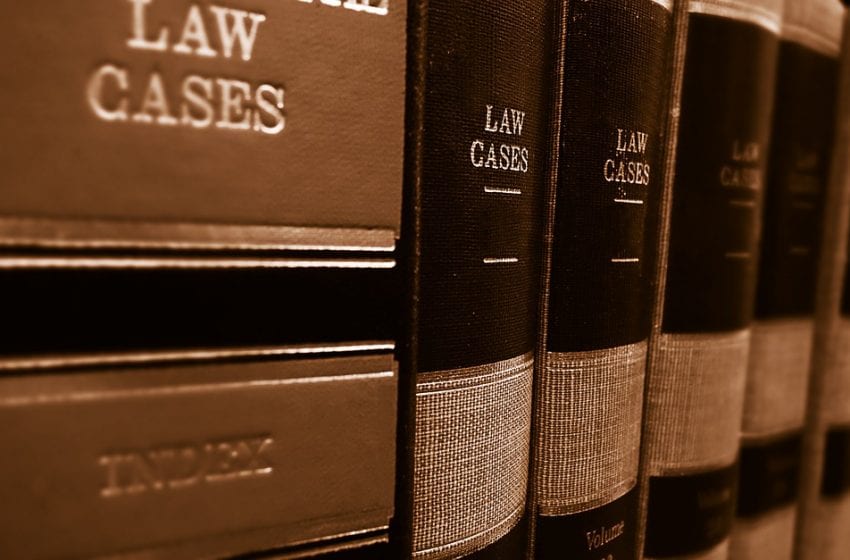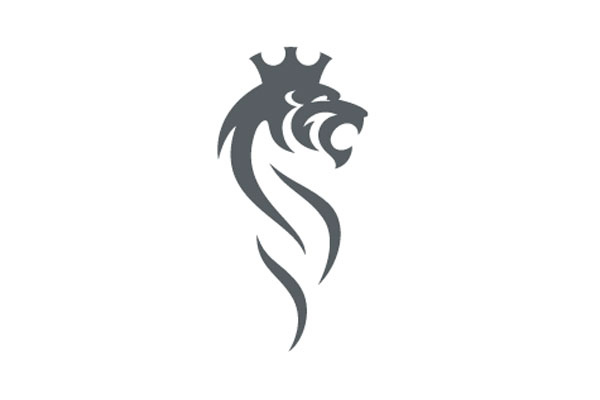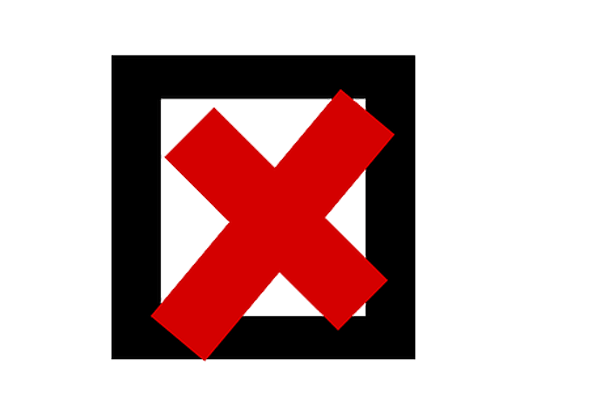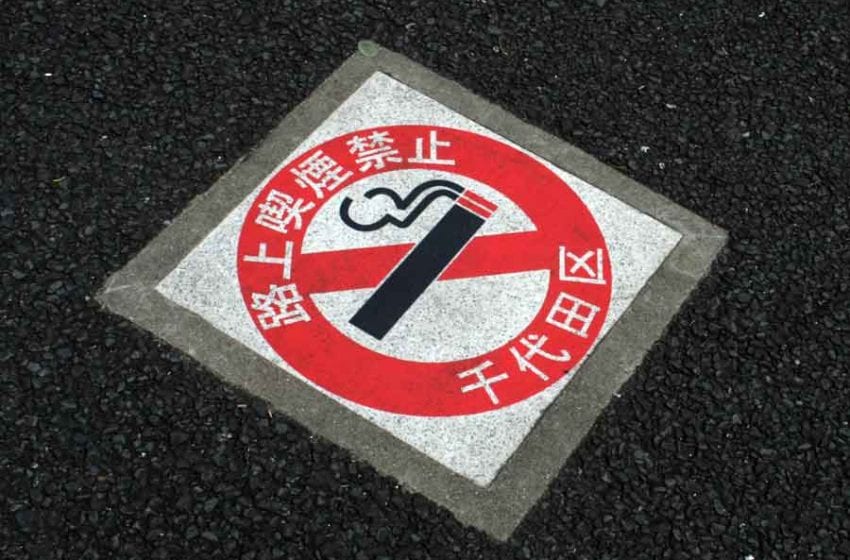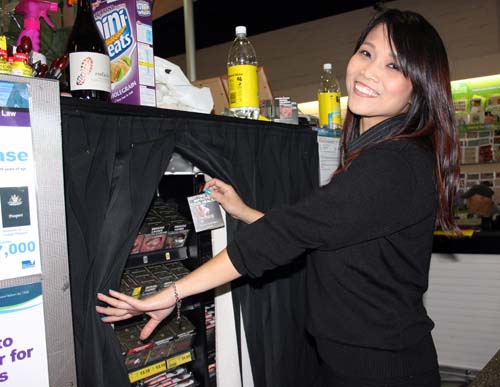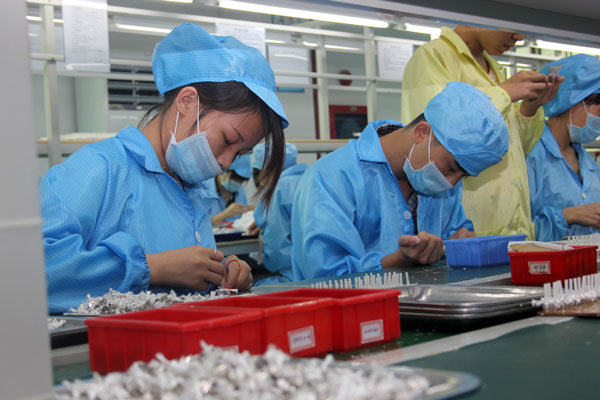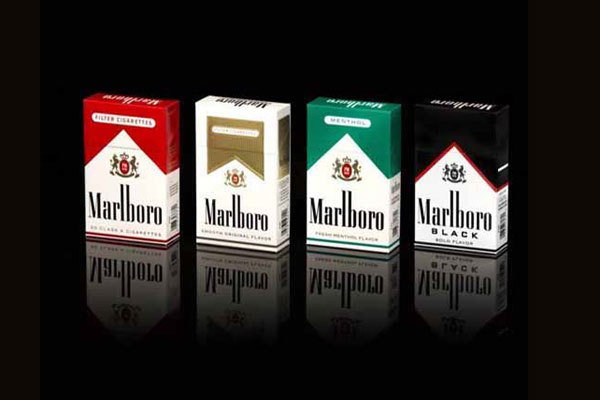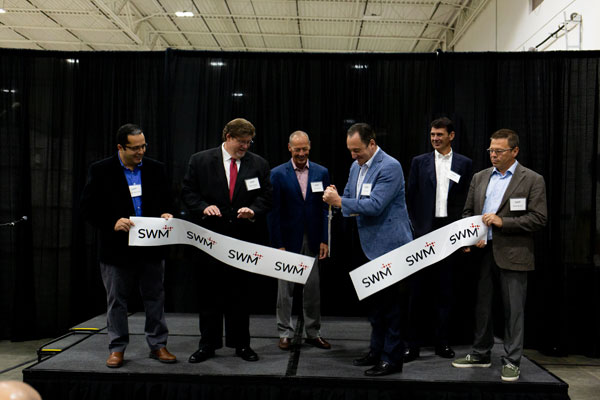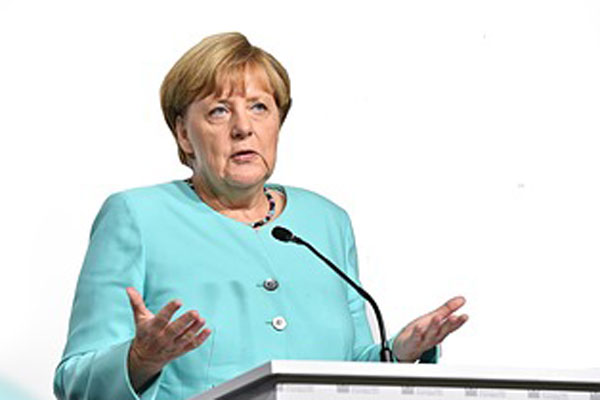Marlboro is the world’s most valuable tobacco brand, with a value of $33.6 billion, according to the latest report by Brand Finance, an independent brand valuation consultancy.
As cigarette use declines in developed markets, tobacco brands are racing to develop next-generation products to fuel growth. Marlboro has seen success with its IQOS tobacco heating system which uses sophisticated electronics to heat specially designed heated tobacco units up to 350 degrees Celsius, without combustion, fire, ash or smoke.
Philip Morris International-owned Sampoerna brand moved up a notch in the index, with a brand value at $3.2 billion.
The sole new entry into this year’s league table is British American Tobacco’s Grizzly moist snuff brand, with a value of $2.7 billion, making it the world’s ninth most valuable tobacco brand.
“As smoking habits continue to evolve and we see more smokers opting for vapes or e-cigarettes, the tobacco brands have not seen drastic improvements in their brand values since last year,” said David Haigh, CEO of Brand Finance.
“There is now such a huge variety of alternative products that mean less smokers are purchasing packs of cigarettes and instead buying e-cigarettes which are widely available in local supermarkets, online, and in specialist vape shops.”
Aside from calculating overall brand value, Brand Finance also determines the relative strength of brands through a balanced scorecard of metrics evaluating marketing investment, stakeholder equity, and business performance. Along with the level of revenues, brand strength is a crucial driver of brand value.
The strongest brand in the sector belongs to U.S. brand L&M with a Brand Strength Index score of 77.40 out of 100 and a corresponding AAA brand rating. In the brand strength stakes, L&M is followed by Marlboro (77.40 out of 100) and Chesterfield (74.66 out of 100).
Every year, Brand Finance values 5,000 of the world’s biggest brands. The 10 most valuable tobacco brands are included in the Brand Finance Tobacco 10 2019 ranking.
Brand value is understood as the net economic benefit that a brand owner would achieve by licensing the brand in the open market. Brand strength is the efficacy of a brand’s performance on intangible measures relative to its competitors.

